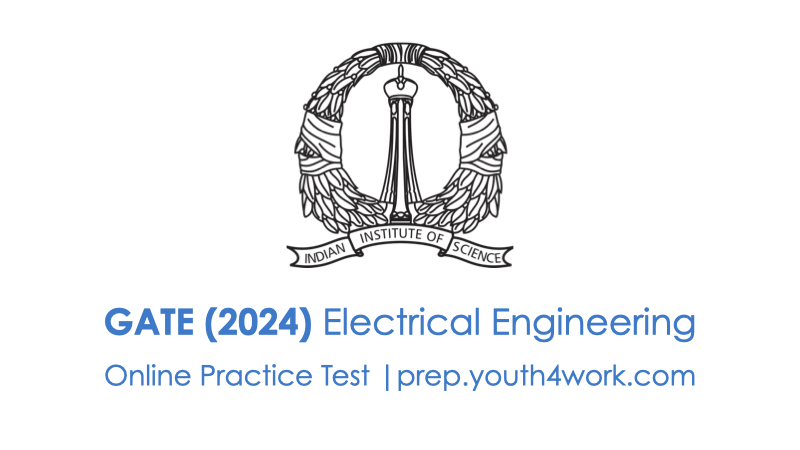6 उत्तर
6 उत्तर
-
Current is always flow from high resistance to low resistance. In case of any high currents flowes it will be grounded simply0Modal content
-
grounding means current caring conductor is connect to the earth for protecting the equipment from short circuiting currents which is interns of very high value so ground has low resistance in order to suppress that much amount of current.3Modal content
-
The electric current has tebdency to flow through the low resistance path. As we know ground act as a zero potential. Current has tendency to flow from high potential to low potential. When fault accurs on a particular machine high short circuit current will flow which may damage the machine.. so we need to surpressed that current,for that purpose grounding is done.If grounding resistance is not low then the current will not surpressed..2Modal content
-
Grounding is done to every equipment or machine to protect it from high currents. When a fault occurs, high current is produced in the equipment which is removed from it by sending this high current to ground. So we should have low resistance path for grounding so that as such as current is send to ground.0Modal content
-
Grounding may not always require low resistance path. It depends on how much current and voltage drop we can tolerate in ground path. some places we may require to isolate ckt ground by a resistance of the order of kiloohm0Modal content
-
Ground testing is the verification that resistance between your grounding system and earth meets the specifications of the National Electrical Code (NEC) and other pertinent guidelines. The standard answer to NEC requirements is to drive a second rod and call the job done. However, doing so may not protect your installation for purposes beyond those of the NEC.0Modal content
-
It may useful for you
-
what is the Three basic difference between induction motor and DC motor ?
-
how to prepare self for gate2020?
-
The terminal voltage of a ____________ generator vary widely with changes in the load current? 1) DC Series 2) DC Shunt 3) DC Flat Compound 4) None
-
What is the weightage of question , partwise division and pass marks?
-
Should i take java or high voltage as my elective?
-
What is voltage magnification?
-
about choosing optional subject..
-
sbi job model question pape
-
I forget all the basics and subjects of btech eee... Can I still prepare for gate and score below 100







